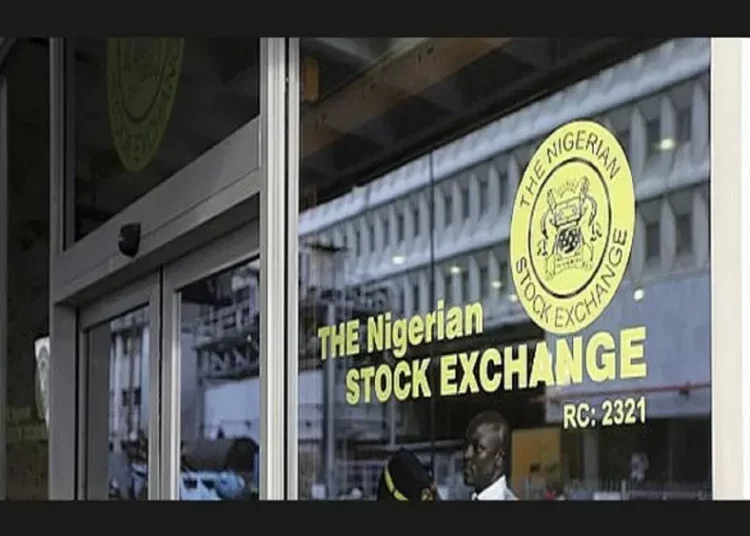The Executive Vice Chairman and Chief Executive Officer of the Federal Competition and Consumer Protection Commission, Mr. Tunji Bello, has urged Nigeria’s Electricity Distribution Companies to prioritize consumer rights in their electricity metering processes.
This was disclosed by Bello during an urgent meeting with key stakeholders from Nigeria’s electricity sector, on Tuesday in Abuja.
The session focused on addressing concerns related to electricity metering and ensuring transparency in the process.
Bello opened the session by emphasizing the need to safeguard consumers’ rights in the electricity sector.
He pointed out the ongoing systemic inefficiencies that continue to affect Nigerian consumers, particularly in the areas of metering and billing practices.
These issues, he noted, have led to widespread frustration among consumers, with many facing inaccurate billing and delays in receiving proper meters.
“We are here today because consumers’ rights in metering must be a priority.
“The recent challenges, especially the arbitrary billing practices and the lack of transparency in metering are unacceptable. We must ensure that consumers are treated fairly and that all practices adhere to the guidelines set out by regulatory bodies like the Nigeria Electricity Regulatory Commission,” Bello said.
The meeting addressed growing concerns over metering issues, including billing discrepancies and the management of obsolete meters, especially following recent announcements by Electricity Distribution Companies
Stakeholders discussed the impact of these challenges on consumers and explored potential solutions to ensure more accurate billing and a timely rollout of functional meters across the country.
Bello’s comments came as the FCCPC addressed rising concerns over the phase-out of the Unistar prepaid meter model, which could lead to additional challenges for consumers.
The transition, set to begin November 14, has raised questions about whether consumers will be required to pay for the replacement of these meters or if they will be subjected to estimated billing, which the NERC has prohibited.
Bello stated that this shift was sharply criticized by one distressed Ikeja Electric customer, who wrote to the FCCPC, saying, “Good evening FCCPC? The exploitation of IKEDC on the change of meter is unacceptable. To change the meters in my house will cost about N1M. Please kindly intervene.”
In response to the situation, Bello stressed that DisCos must absorb the costs of replacing meters and should not impose any additional charges on consumers, particularly during the transition phase.
“Consumers should not have to pay for meters that are outdated or no longer in use,” he said.
“The regulations are clear: any transition must be done without burdening the consumer,” he added.
The FCCPC further condemned the widespread practice of placing consumers with faulty meters on estimated billing, describing it as a violation of NERC’s regulations.
“DisCos have no excuse for failing to follow proper procedures, including reimbursement for meter purchases and ensuring faulty meters are promptly replaced,” Bello added.
“We will not tolerate any disregard for the rules. Corrective actions will be immediate,” he said.
An Assistant Manager at the Nigerian Electricity Management Services Agency, Okeme Obiabo, emphasized the importance of adhering to due process when replacing meters.
“We’ve been addressing obsolete meters, and distribution companies must adhere to the procedures for replacing them.
“Meter testing and certification are essential, and DisCos are responsible for carrying out these replacements and ensuring that faulty meters are replaced promptly,” he added.
The head of consumer engagement at NERC, Zubair Babatunde reaffirmed the commission’s dedication to protecting consumers, especially in relation to the replacement of obsolete meters.
“Obsolete meters must not only be replaced but must not be removed without immediate replacement,” Babatunde said.










